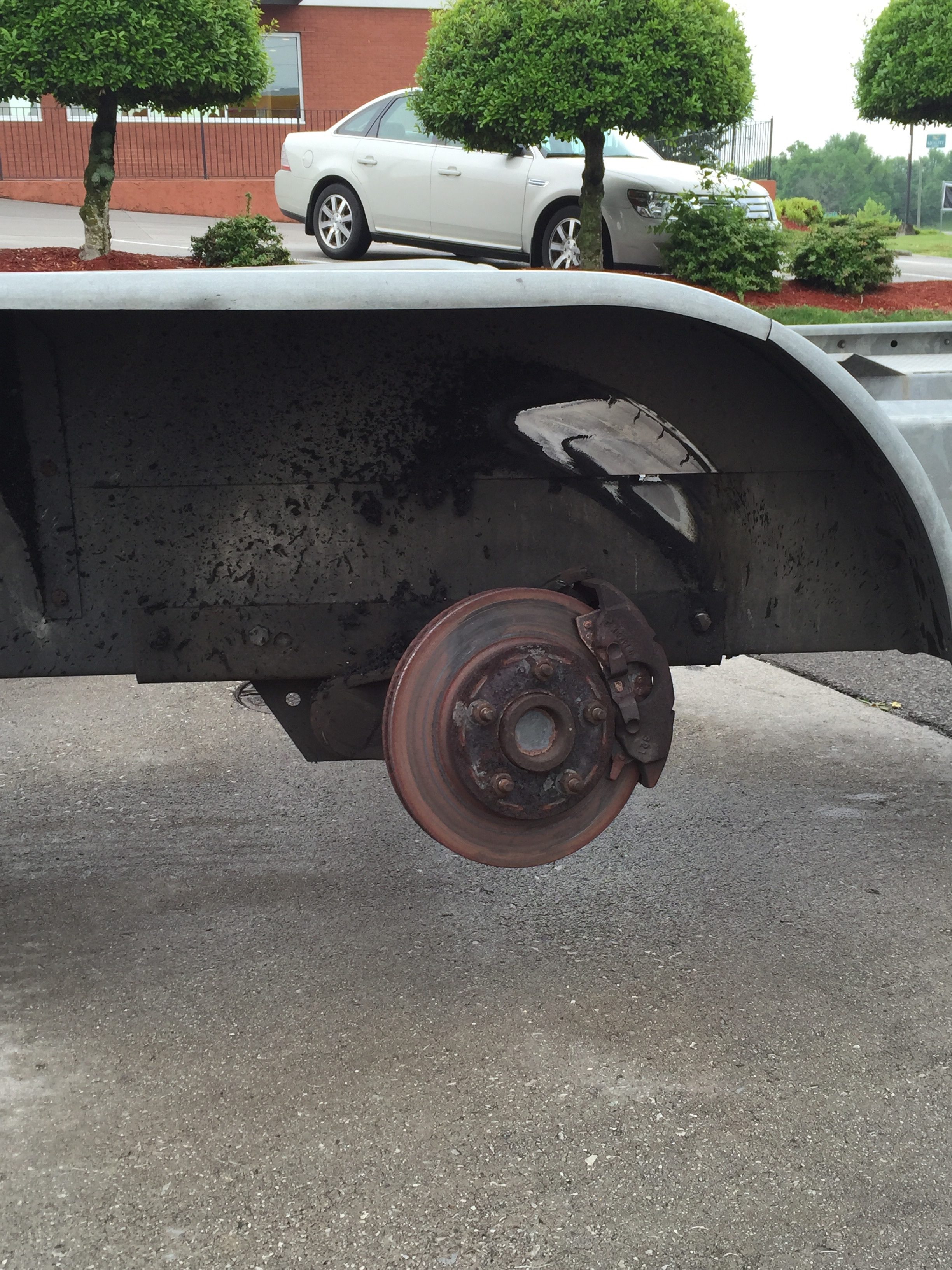
The other big news is that the federal government threatens to fine foreign airlines, not just domestic airlines, up to $27,500 per passenger if they leave an INTERNATIONAL flight on a tarmac for more than FOUR hours without taking off. But, as we've said before, you should insist on cash-as in green hundred dollar bills-because the alternative, vouchers, can have expiration dates, and the airline may not offer the best ticket for you for routes you're flying before the expiration date. Beyond that, the payout is four times the ticket's one-way value, for a max of $1,300. Not bad.Īs of today, if the airline boots your from your flight (and you didn't volunteer to be booted) and the airline gets you where you need to go within two hours, you can look forward to getting double the value of that ticket (with a cap of $650). If they couldn't get you there within 2 hours, you were paid double the amount, up to $800. Once upon a time, if you were bumped from your flight, and the airline was able to get you to your destination within two hours of your planned arrival, you were paid the value of your one-way ticket, with a maximum of $400. The reason for the spike? Most airlines oversell flights. This regulation comes amid soaring bump rates, with more than 700,00 passengers expected to be pushed back this year, a big jump from last year. Second, you're owed higher pay-out rates by your airline if it bumps you involuntarily to a later flight. So, what do you need to know about the new Department of Transportation rules?įirst, a weather delay gets you nothing, ever. The new rules also extend the "passengers bill of rights" protections against tarmac delays to international flights. New rules issued today by the federal government require that fliers who get "bumped" against their will from their flights receive much fatter payouts than before. Wheel Deals: Alternatives to Airport Car Rentals (For that matter, a Chevy Aveo wouldn't be the first pick of many drivers, either.) But the truck did the trick, and wound up saving Krause and his family a large chunk of change. The truck wasn't exactly the ideal vehicle for navigating mountain roads. They went with the truck, and even after factoring in added costs for gas - moving trucks aren't known for fuel efficiency - Krause estimates that they saved $800 to $900. Instead of going with a typical rental car (or buying one), Krause's wife Lauren made an offhand comment about U-Haul, which led Krause eventually to discover that taking a 16-foot Budget moving truck on their adventure would cost under $400 ($372.79, to be exact).

That'd work out to a per-day cost of $260, without even adding in insurance or gas. The absolute cheapest rate he could find was nearly $1,300, for a dinky Chevy Aveo no less. Krause simply wanted to pick up a car in Jackson, Wyo., tour the Tetons and eastern Washington, and then drop the vehicle off in Seattle five days later. Petersburg Times writer Michael Kruse considered while planning a recent vacation in the Northwest. When you add in one-way rental rates, drop-off fees, and airport taxes and surcharges, it can sometimes seem more cost-effective to buy a car instead of renting, then resell the thing once the trip is over.

Typical rental car prices have more than doubled in recent years. If you've been using KAYAK successfully up until now, try closing your browser and starting again.Finding an affordable rental car is a common problem faced by travelers today. Please send us a message and we'll try to figure out what went wrong.

Probably something about the web browser you are using made KAYAK think you are a bot.

They tend to try to cram large suitcases in the overhead bin, and they prattle on about celebrities they know while you are trying to watch the movie. For example, we don't want bots running about trying to book airline tickets. Bots are generally a good thing, but some web pages are for humans only. KAYAK uses bots to search for travel deals. Search engines like Google use robots to build up search results.
#Budget truck rental albuquerque software#
What is a bot?Ī bot, or robot, or crawler is software that visits web sites and collects data from them without a human present. If you are seeing this page, it means that KAYAK thinks you are a "bot," and the page you were trying to get to is only useful for humans.


 0 kommentar(er)
0 kommentar(er)
